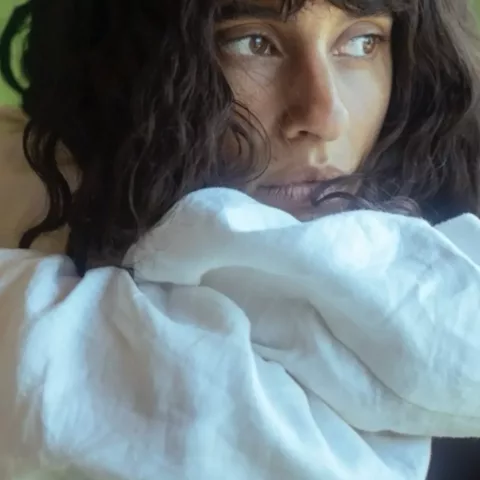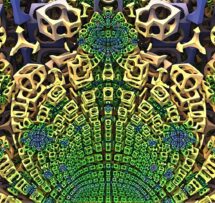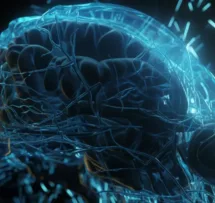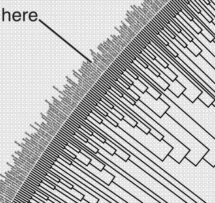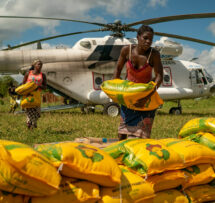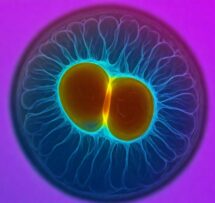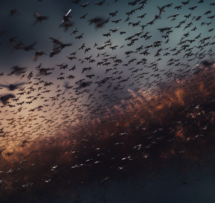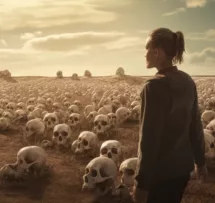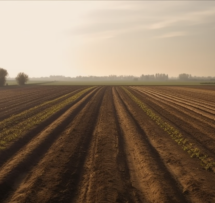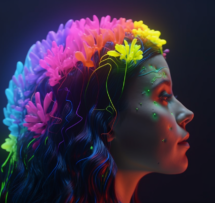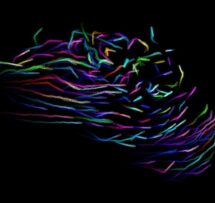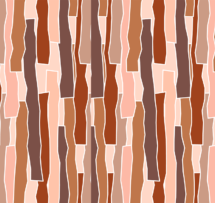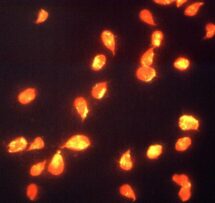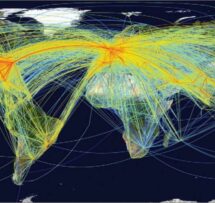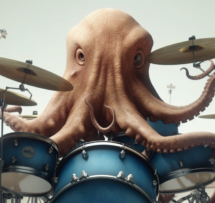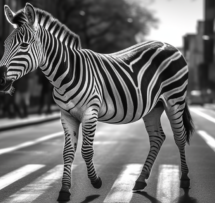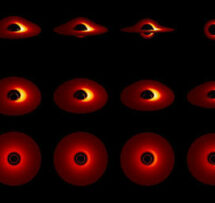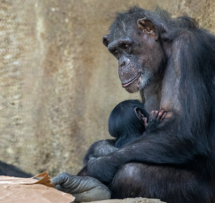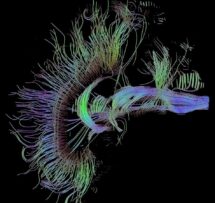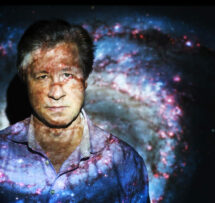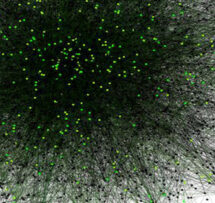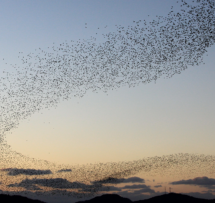The Mystery of Dormant Innovations

How does nature innovate? How does it create novel adaptations that help organisms survive and reproduce? What lessons can we learn from succesful innovations? Innovations in biological evolution and in human culture, from science to the arts, arise by similar processes. One of these similarities is that many innovations originate as ‘sleeping beauties’, creative products that are not successful when they first emerge. They become successful only after a long period of dormancy, and then often dramatically so.
Evolutionary biology professor Andreas Wagner will discuss diverse examples from biology that range from the evolution of grasses to the emergence of new antibiotic resistance and the origin of new genes. He will also discuss examples from science and technology, such as the invention of the cardiac pacemaker and the discovery of radar. These examples will illustrate that an innovation’s innate quality may not suffice to ensure success in the natural world or in a marketplace. Instead, the environment plays a crucial role for an innovation’s success. This includes other organisms for biological innovations, as well as social, political, and cultural factors for cultural innovations. Taken together, these examples also harbor lessons for human innovators whose own creative products are unsuccessful.
This event is an initiative by the Dutch Institute for Emergent Phenomena (DIEP) with the support of the University of Amsterdam. Science & Cocktails Amsterdam is presented in cooperation with Paradiso Amsterdam.
Talk by
Andreas Wagner
Andreas Wagner earned his Ph.D. in 1995 from Yale University, where his dissertation won the J.S. Nicholas Prize for best work in the field. He is currently Professor in the Department of Evolutionary Biology at the University of Zurich, where he leads a laboratory of more than a dozen international researchers studying evolutionary biology and complex systems. He has authored or co-authored more than 250 scientific papers, including in leading journals such as Nature, Science, and PNAS. Wagner is also the author of six books, most recently 'Sleeping Beauties' (OneWorld), named a Times and Telegraph Book of the Year 2023. He has held research fellowships at prestigious institutions including the Institute for Advanced Study in Berlin (Germany), the Institut des Hautes Études in Bures-sur-Yvette (France), and the Stellenbosch Institute for Advanced Study (STIAS, South Africa).
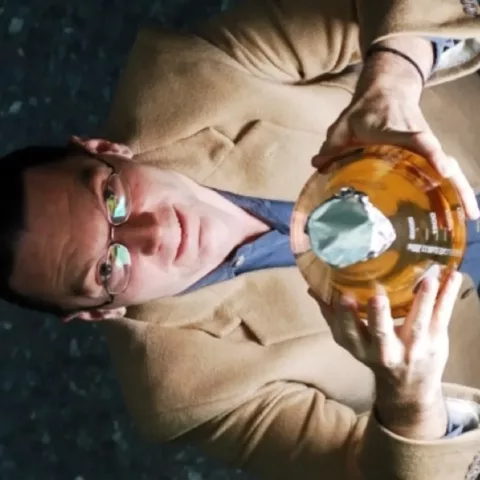
Music by
LUKA
Born in Cape Town and raised in the Netherlands, Rotterdam-based singer-songwriter Lisa Lukaszczyk has been making music for some time under the name 'Luka'. With her colorful voice and honest songs, she paints images that feel familiar yet remain intriguing and exciting. Inspired by artists such as Sylvan Esso, Thom Yorke, Bon Iver, and Ultraísta, Luka’s sound blends dreamy electro-pop with touches of folk and soul. Her debut album 'First Steps of Letting Go' received critical acclaim and was played on leading Dutch radio stations. This year, she released her debut song in Dutch called 'Lichtjaren' in collaboration with Willem Ardui.
